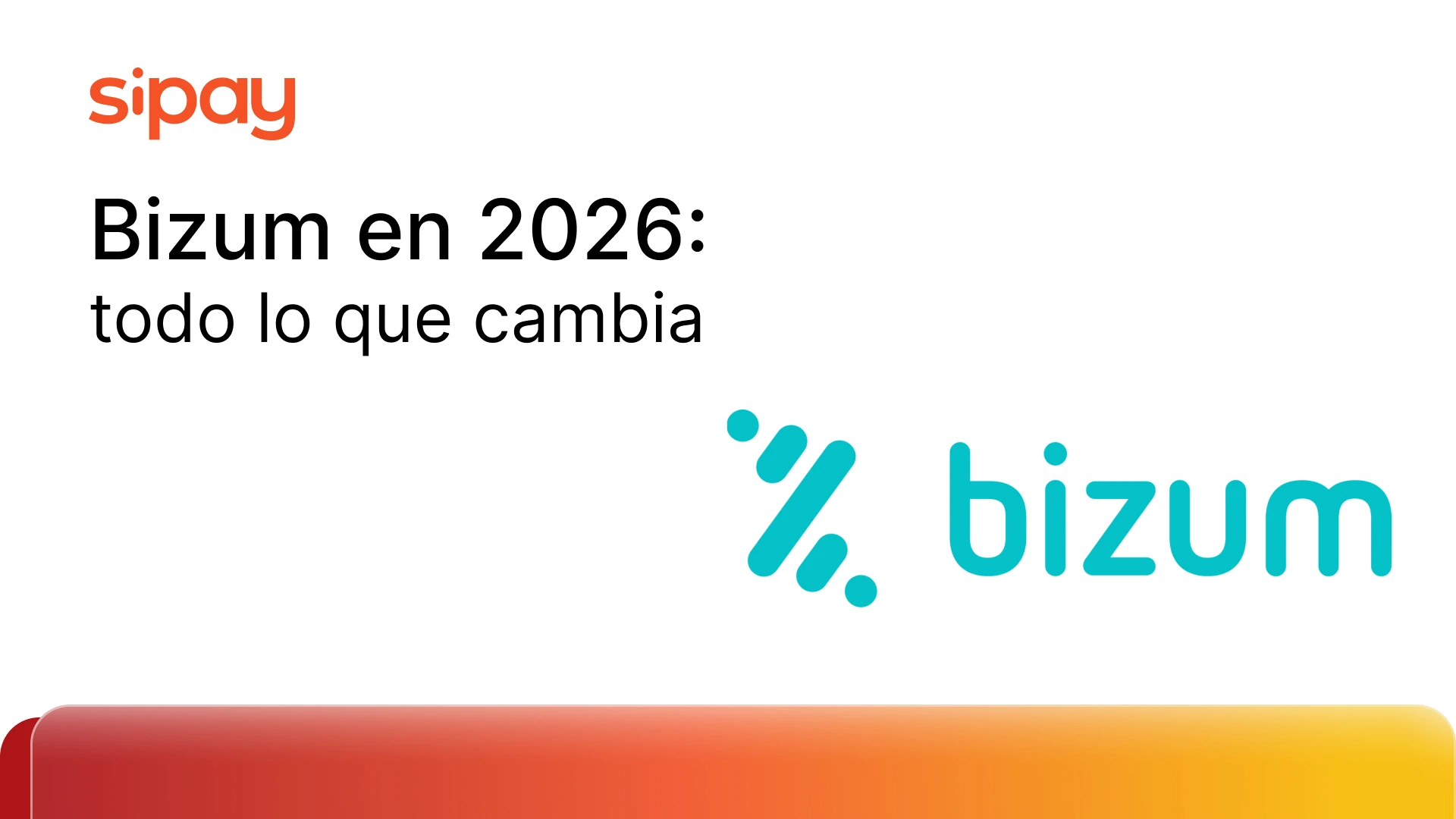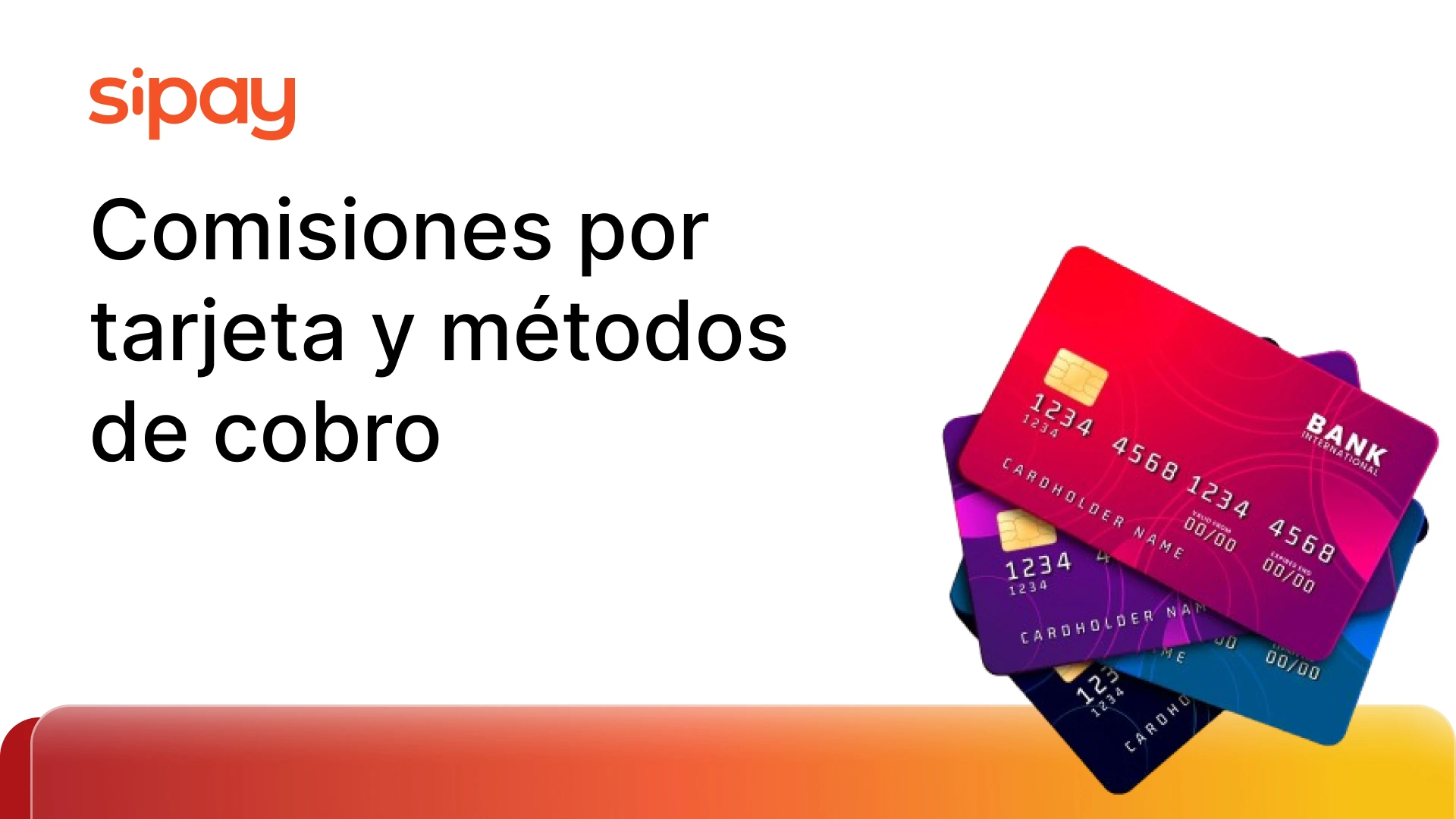The way we buy, interact, pay and generally develop our daily lives is changing profoundly, but the big question is whether these changes will remain once the coronavirus is overcome.
Humans are animals of habit and it is said that it only takes 21 days to acquire a new habit. Well, it seems that we have already passed those 21 days and many things have changed in the lives of consumers, so it would not make sense to think that, once this crisis is over, we will return to a normality exactly like the previous one. But there are many more factors that can make us think that the current evolution of the environment is here to stay.
We can start by analyzing the evolution of ecommerce. On the one hand, those people who were already users of this purchase channel may have increased or modified the products purchased, but we must put a note of special importance in those who were not yet users of e-commerce and due to the closure of physical stores have made the leap to this channel. These are consumers who possibly did not buy online due to lack of knowledge, distrust or lack of habit, but once we return to normal they will have already eliminated most of these barriers and, therefore, will have a good chance of continuing to buy in this modality, even if they combine it with physical stores.
Moreover, when we talk about the increase of ecommerce we cannot avoid taking the thought towards a very specific sector: the great consumption. What was until now the most forgotten in the online world has achieved an unprecedented upturn, which has even overflowed the websites and logistics systems of the supermarkets. It is true that, once normality is recovered, many people will return to their traditional stores, but we should not forget that many others will already have an open account in their favorite supermarket, a predetermined shopping list that will allow them to save time and probably a positive experience with this method of purchase. It is difficult to predict the future, but we could bet that many of them will keep the online one or, at least, they will count it among their options.
Another area that has also undergone profound changes is that of payment methods, especially since WHO suggested greater security for digital payments, especially contactless, as opposed to cash. Thus, cash, which was still widely used in our country until now, has been replaced by card payment, which in many cases has even increased the limit of Contactless payment without the need to enter the PIN. Although this last measure will be reversible, since once the exceptional situation is over, the rules established by the European PSD2 regulations will have to be followed again, it is possible that habit and convenience will mean that for many consumers there will be no turning back in their payment habits.
On the other hand, the digitization of tasks and the use of new tools, both at personal and work level, have taken a double somersault in recent weeks showing the ability of users and companies to adapt in record time to the new situation and, above all, to new technologies. The changes have strongly pushed the adoption of telework systems that some companies had never carried out before but that now become the only way to continue with the activity, proving for many of them that it is possible to continue connected even when out of the office. And precisely being connected has become the biggest challenge, leading to the use of communication tools that perhaps had never been used, or even did not know how to do it. Users and companies are not only changing, but also learning, and that learning is not going to disappear, but will continue to drive this accelerated digitalization.
From Sipay, a payment gateway focused on offering innovative solutions for its clients, they consider that «the new environment offers infinite possibilities and a speed of change that was unthinkable before but to which now, more than ever, companies must be able to adapt, taking advantage of this pause to consider new ways to innovate, reach their consumers and enter fully into the digital world».




